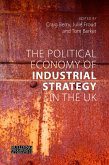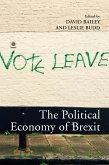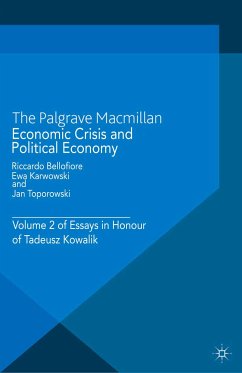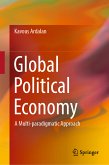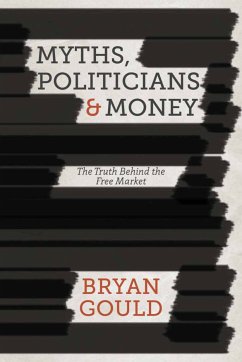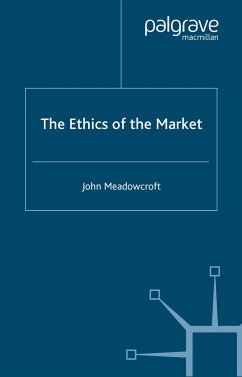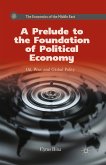How have the main traditions of political economy understood the notion of economic and political crisis? To answer this question, Peter Burnham returns to the primary writings of the pre-classical, classical and neoclassical traditions to explore how thinkers from the mercantalists to Habermas and Streeck have theorised the concept of crisis and how these theories can be used to interpret crisis in contemporary capitalism.
Political Economy and Crisis provides an accessible and comprehensive exposition of the main traditions of political economy and an assessment of their competing approaches to understanding and defining capitalism. It reveals the extent to which crisis can be viewed as beneficial or problematical, exogenous or endogenous, a crisis in capitalism, or a crisis of capitalism. The notion of the "financialization of capital" and the character of the global economy is particularly explored.
This book is suitable for introductory courses on the theoretical foundations of political economy and international political economy as well as broader courses on the history of economic thought and the development of the post-Bretton Woods world economy.
Political Economy and Crisis provides an accessible and comprehensive exposition of the main traditions of political economy and an assessment of their competing approaches to understanding and defining capitalism. It reveals the extent to which crisis can be viewed as beneficial or problematical, exogenous or endogenous, a crisis in capitalism, or a crisis of capitalism. The notion of the "financialization of capital" and the character of the global economy is particularly explored.
This book is suitable for introductory courses on the theoretical foundations of political economy and international political economy as well as broader courses on the history of economic thought and the development of the post-Bretton Woods world economy.
Dieser Download kann aus rechtlichen Gründen nur mit Rechnungsadresse in A, D ausgeliefert werden.



